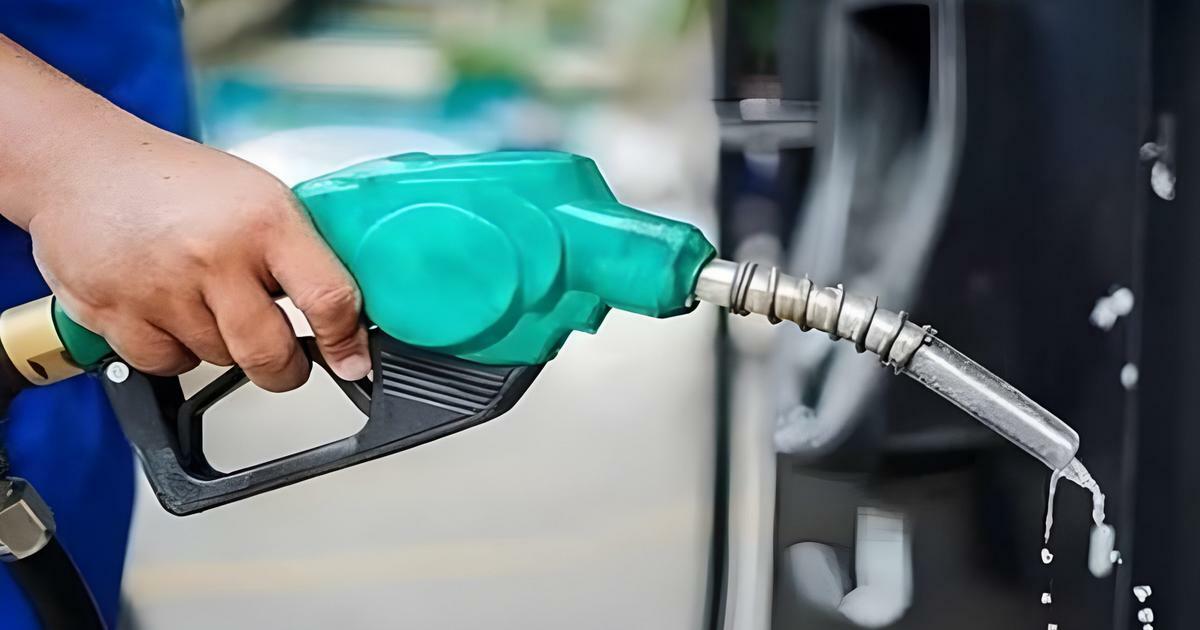Tanzania is considering a reassessment of its fuel import system to tackle the issue of price fluctuations resulting in elevated pump prices.
Energy regulatory authorities said they are monitoring the effectiveness of the current bulk oil importation through tendering, to uphold stability in the monthly capped prices influenced by global fuel markets.
The Energy and Water Utilities Regulatory Authority (Ewura) has indicated that the Bulk Procurement System (BPS), utilized for the importation of petroleum products, could undergo restructuring if deemed inefficient by officials.
Read also: Uganda and Tanzania to study viability of gas pipeline
Ewura Director General James Andilile said that an initial assessment of the oil market has been conducted to ensure that many local oil marketing companies partake in the importation of fuel and review the entire price planning system.
“We have carried out changes in the regulations to encourage more companies to enter into the bidding process,” he said.
“We have regulated the pricing formula subject to the regulator’s procedures on monthly tariff to control fuel hoarding,” Mr Andilile said.
Last week, Ewura implemented a reduction in fuel prices for November. The capped price for petrol in Dar es Salaam is set at Tsh3,274 ($1.3) per litre, Tsh3,320 ($1.32) in Tanga, and Tsh3,347 ($1.33) in Mtwara, The EastAfrican reported.
Diesel will be sold at Tsh3,374 ($1.3) in Dar es Salaam, Tsh3,510 ($1.4) in Tanga) and Tsh3,546 ($1.41) in Mtwara while kerosene prices have been pegged at Tsh3,423 ($1.36) in Dar es Salaam, Tsh3,469 ($1.38) in Tanga and Tsh3,495 ($1.4) in Mtwara.
In October, fuel prices in Tanzania witnessed a fourth consecutive monthly increase, with diesel experiencing the most significant impact.
Energy regulatory authorities said they are monitoring the effectiveness of the current bulk oil importation through tendering, to uphold stability in the monthly capped prices influenced by global fuel markets.
The Energy and Water Utilities Regulatory Authority (Ewura) has indicated that the Bulk Procurement System (BPS), utilized for the importation of petroleum products, could undergo restructuring if deemed inefficient by officials.
Read also: Uganda and Tanzania to study viability of gas pipeline
Ewura Director General James Andilile said that an initial assessment of the oil market has been conducted to ensure that many local oil marketing companies partake in the importation of fuel and review the entire price planning system.
“We have carried out changes in the regulations to encourage more companies to enter into the bidding process,” he said.
“We have regulated the pricing formula subject to the regulator’s procedures on monthly tariff to control fuel hoarding,” Mr Andilile said.
Last week, Ewura implemented a reduction in fuel prices for November. The capped price for petrol in Dar es Salaam is set at Tsh3,274 ($1.3) per litre, Tsh3,320 ($1.32) in Tanga, and Tsh3,347 ($1.33) in Mtwara, The EastAfrican reported.
Diesel will be sold at Tsh3,374 ($1.3) in Dar es Salaam, Tsh3,510 ($1.4) in Tanga) and Tsh3,546 ($1.41) in Mtwara while kerosene prices have been pegged at Tsh3,423 ($1.36) in Dar es Salaam, Tsh3,469 ($1.38) in Tanga and Tsh3,495 ($1.4) in Mtwara.
In October, fuel prices in Tanzania witnessed a fourth consecutive monthly increase, with diesel experiencing the most significant impact.
